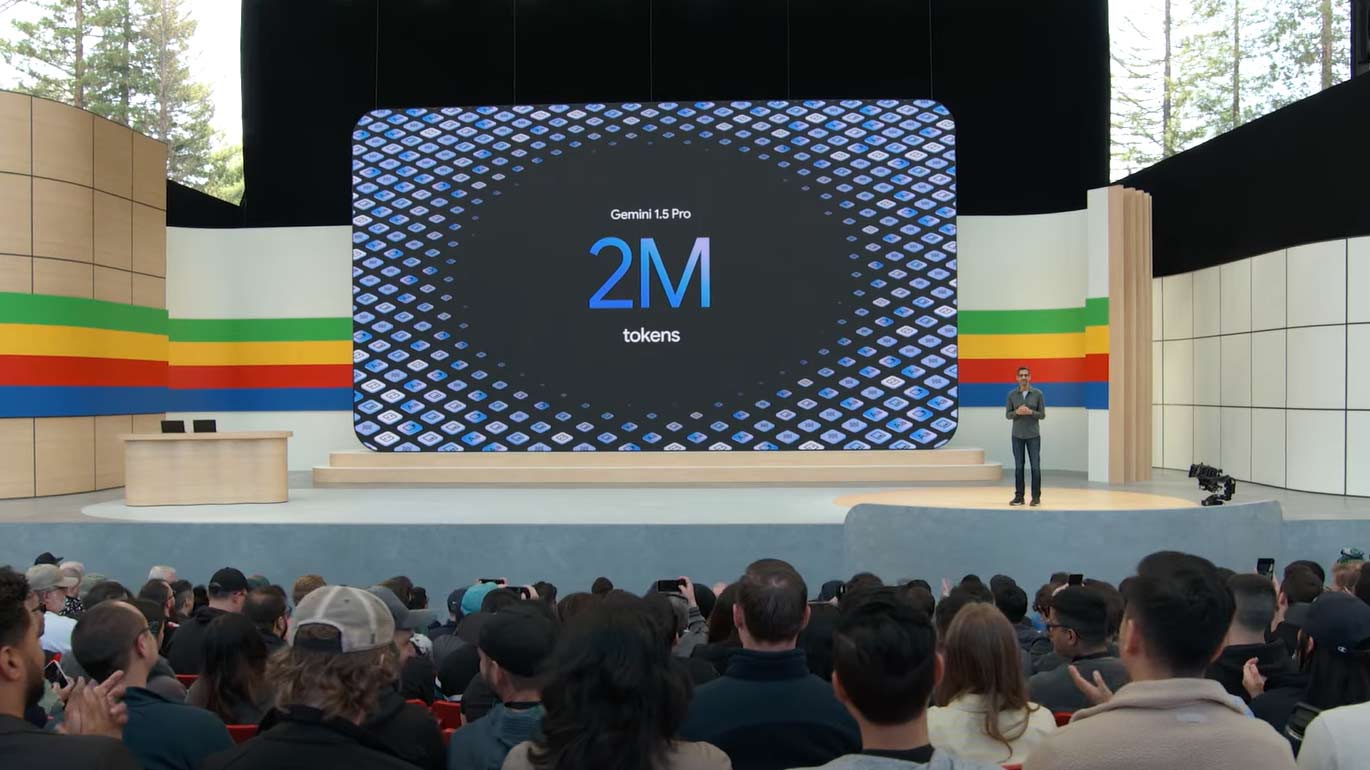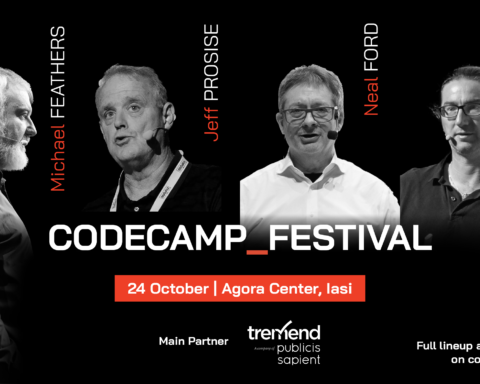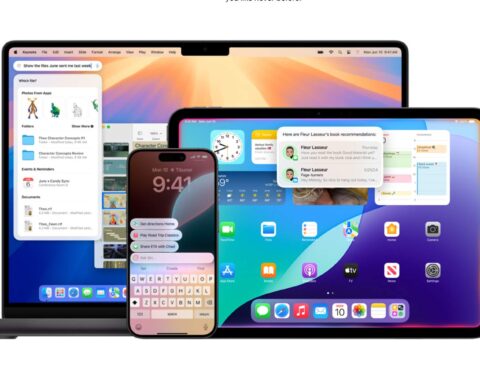At its annual I/O developer conference this week, Google unveiled a sweeping array of new artificial intelligence capabilities across its products and platforms. The company made it clear that AI, and specifically its Gemini language model, will be a driving force in how users interact with Google’s services moving forward.
One of the highlights was the integration of Gemini AI into Google’s core products like Search, Maps, Gmail, and Android. Gemini will provide summarization, text generation, question answering and other AI capabilities. For example, Google Photos is getting an “Ask Photos” feature to search your library using natural language. Gmail will let you use Gemini to draft emails and process tasks like returns.
Google also previewed “Gemini Live” for having voice-based AI conversations on your phone that can understand your surroundings through the camera. And a tiny “Gemini Nano” model is coming to Chrome to enable AI features from developers.
Beyond Gemini, Google unveiled new AI models like LearnLM for personalized tutoring in Classroom, Imagen 3 for improved text-to-image generation, and a 27B parameter Gemma 2 model. AI is also enhancing Google TV with automated description writing and translation.
On Android, a “Private Space” mode will let you isolate sensitive apps behind a separate lockscreen. Improved security protections are coming as well, including on-device threat detection using AI.
Developer tools are going AI-first too, with the Project IDX coding environment using AI assistance and modeling. Firebase is getting a “GenKit” framework for building AI capabilities into apps.
Even Google’s custom Tensor Processing Units are getting an upgrade, with 4.7x faster “Trillium” chips coming to better run large language models and other AI workloads.
While consumer AI like ChatGPT has grabbed headlines, Google made it clear that it plans to infuse AI throughout its entire product stack for consumers, developers, and the enterprise. The race to make AI pervasive is on.





